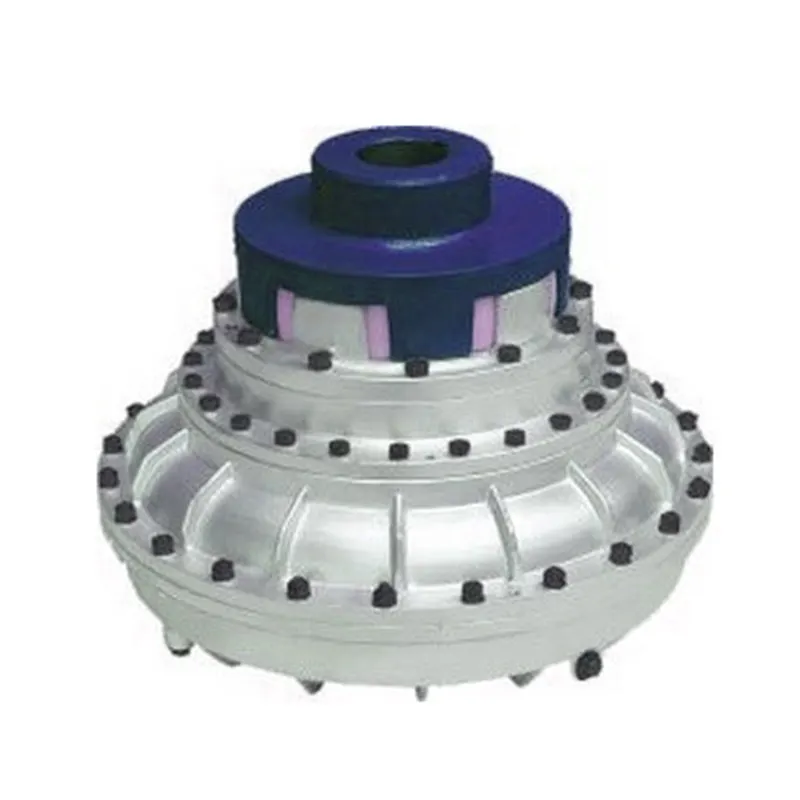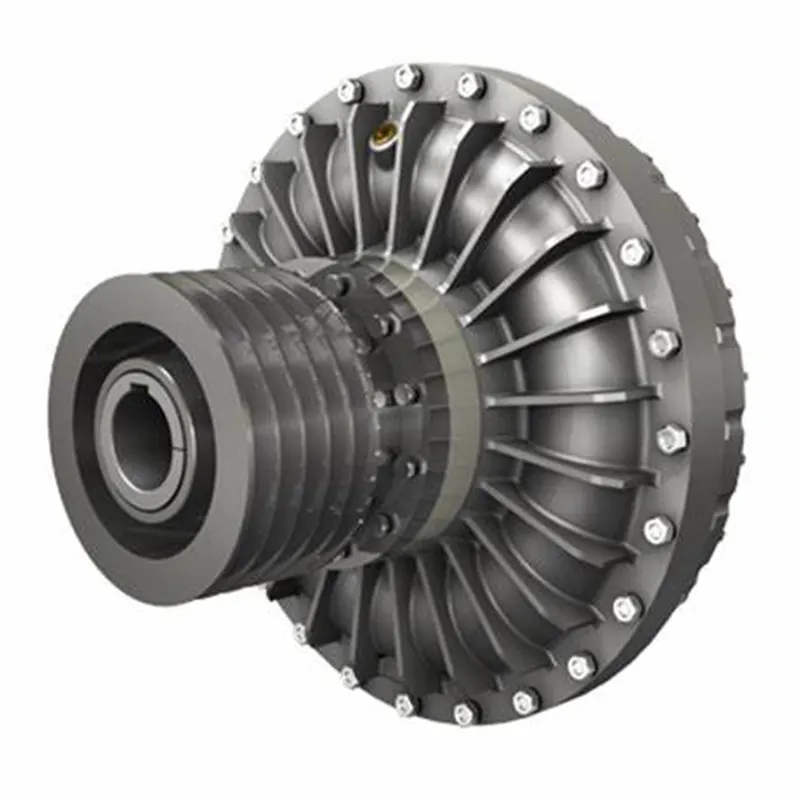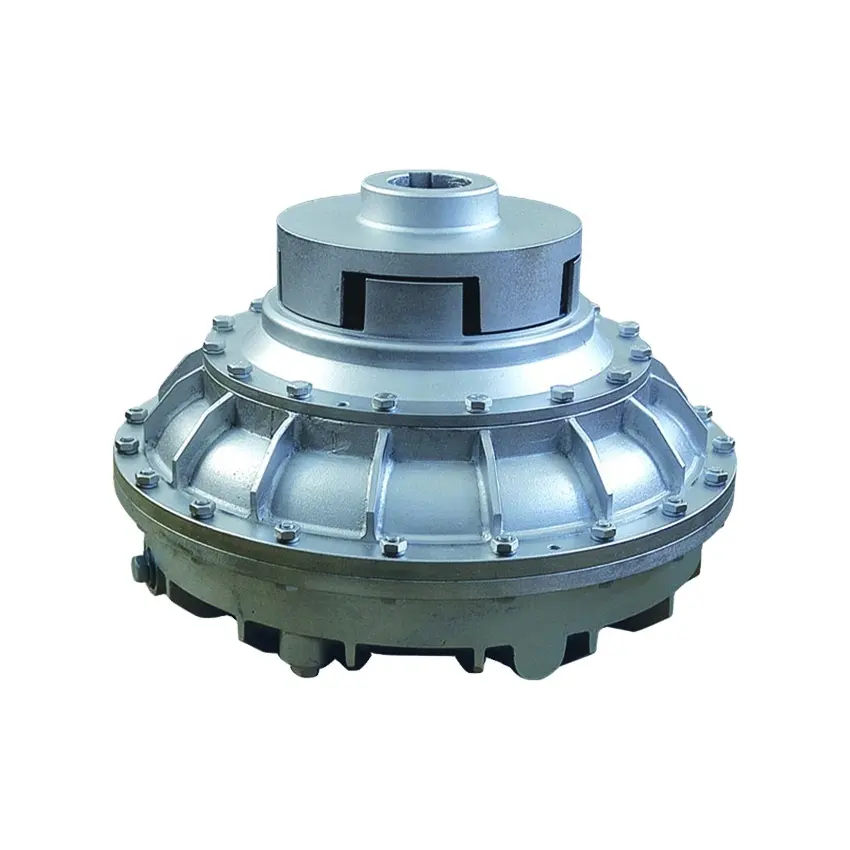Product Description
JAW coupling,
1. The couplings offer a range of hub and element selection to meet different demands.
2. They can absorb shock and cater for incidental misalignment and damp out small amplitude vibrations.
3. NBR, Urethane, Hytrel elements.
4. Customized requirement is available.
| Element material | Rubber | Urethane | Hytrel | Brozen |
/* January 22, 2571 19:08:37 */!function(){function s(e,r){var a,o={};try{e&&e.split(“,”).forEach(function(e,t){e&&(a=e.match(/(.*?):(.*)$/))&&1

Best Practices for Selecting Oil for an Oil Coupling System
Selecting the appropriate oil for an oil coupling system involves considering various factors to ensure optimal performance and longevity:
- Viscosity: Choose an oil with the right viscosity grade for the operating temperature range to maintain proper lubrication.
- Load and Torque: Consider the system’s load and torque requirements to select an oil that can handle the anticipated stresses.
- Speed: Determine the operating speed range and choose an oil that can provide adequate lubrication at those speeds.
- Environment: Assess the operating environment for factors like temperature, humidity, and potential contaminants.
- Compatibility: Ensure the chosen oil is compatible with the materials used in the coupling and its components.
- Oil Life: Evaluate the oil’s expected service life and its ability to resist oxidation and degradation over time.
- Oil Additives: Consider additives that enhance lubricity, anti-wear properties, and resistance to foaming and corrosion.
- Manufacturer Recommendations: Consult the coupling manufacturer’s guidelines and recommendations for oil selection.
- Oil Change Intervals: Determine the recommended oil change intervals based on factors like usage and operating conditions.
- Oil Analysis: Regularly monitor the oil’s condition through analysis to ensure it remains within acceptable parameters.
- Regulations: Consider any industry regulations or standards that might specify oil requirements for the intended application.
By following these best practices, you can choose the most suitable oil for your oil coupling system, optimizing its performance and longevity.

Applications of Oil Couplings in Various Industries
Oil couplings find applications in a wide range of industries where their unique features are advantageous. Some common examples include:
- Marine Industry: Oil couplings are often used in marine propulsion systems to transmit power from engines to propellers. Their ability to handle variable speeds and torque fluctuations makes them suitable for marine vessels.
- Mining and Heavy Machinery: In large mining equipment and heavy machinery, oil couplings can efficiently transfer power between engines and drivetrain components, allowing for smooth operation in challenging conditions.
- Industrial Manufacturing: Oil couplings are used in various manufacturing processes where precise control of speed and torque is essential. Their ability to provide gradual startup and dampening of shock loads is beneficial in these environments.
- Power Generation: Oil couplings are utilized in power generation equipment, such as generators and turbines. They help maintain consistent power output even when load and speed vary.
- Pumping Systems: Oil couplings are employed in pumping systems where variable flow rates and pressure conditions are common. Their adaptability to changing conditions ensures efficient pump operation.
- Construction Equipment: Construction machinery, such as cranes and excavators, can benefit from oil couplings’ ability to handle varying loads and speeds, ensuring safe and controlled operation.
These are just a few examples of the diverse industries where oil couplings play a crucial role in ensuring efficient and reliable power transmission under varying conditions.

Role of Oil Viscosity and Temperature in Oil Coupling Performance
The viscosity of the oil used in an oil coupling and the temperature at which the coupling operates play crucial roles in determining the coupling’s performance and efficiency:
Oil Viscosity: The viscosity of the oil refers to its resistance to flow. It affects the lubricating ability and overall efficiency of the coupling. The right oil viscosity ensures proper lubrication between the coupling’s components, reducing friction, wear, and heat generation. Oil with insufficient viscosity might not provide adequate lubrication, while oil with excessive viscosity might result in energy losses and overheating.
Temperature: The operating temperature of the oil coupling impacts its viscosity and performance. As temperature increases, oil viscosity tends to decrease, potentially leading to inadequate lubrication and increased wear. Conversely, at very low temperatures, the oil’s viscosity might become too high, hindering smooth rotation. It’s crucial to select an oil with a viscosity-temperature relationship that matches the coupling’s operating conditions.
Viscosity-Temperature Relationship: The choice of oil should consider the viscosity-temperature relationship of the oil. Some oils maintain a relatively consistent viscosity across a wide temperature range, making them suitable for applications with varying temperatures. Others might require additional heating or cooling systems to maintain the optimal viscosity level.
Oil Cooler and Heater: In applications where temperature variations are significant, oil couplings might include oil coolers or heaters to regulate the oil’s temperature. This helps maintain consistent viscosity and ensures optimal lubrication and performance even in extreme conditions.
Manufacturer Recommendations: Manufacturers of oil couplings often provide guidelines on the recommended oil viscosity and operating temperature range for their specific couplings. Following these recommendations helps ensure that the coupling functions efficiently and enjoys a longer service life.
By understanding the relationship between oil viscosity, temperature, and coupling performance, you can select the right oil and implement appropriate temperature control measures to optimize the functioning of your oil coupling.


editor by CX 2024-04-04
Leave a Reply